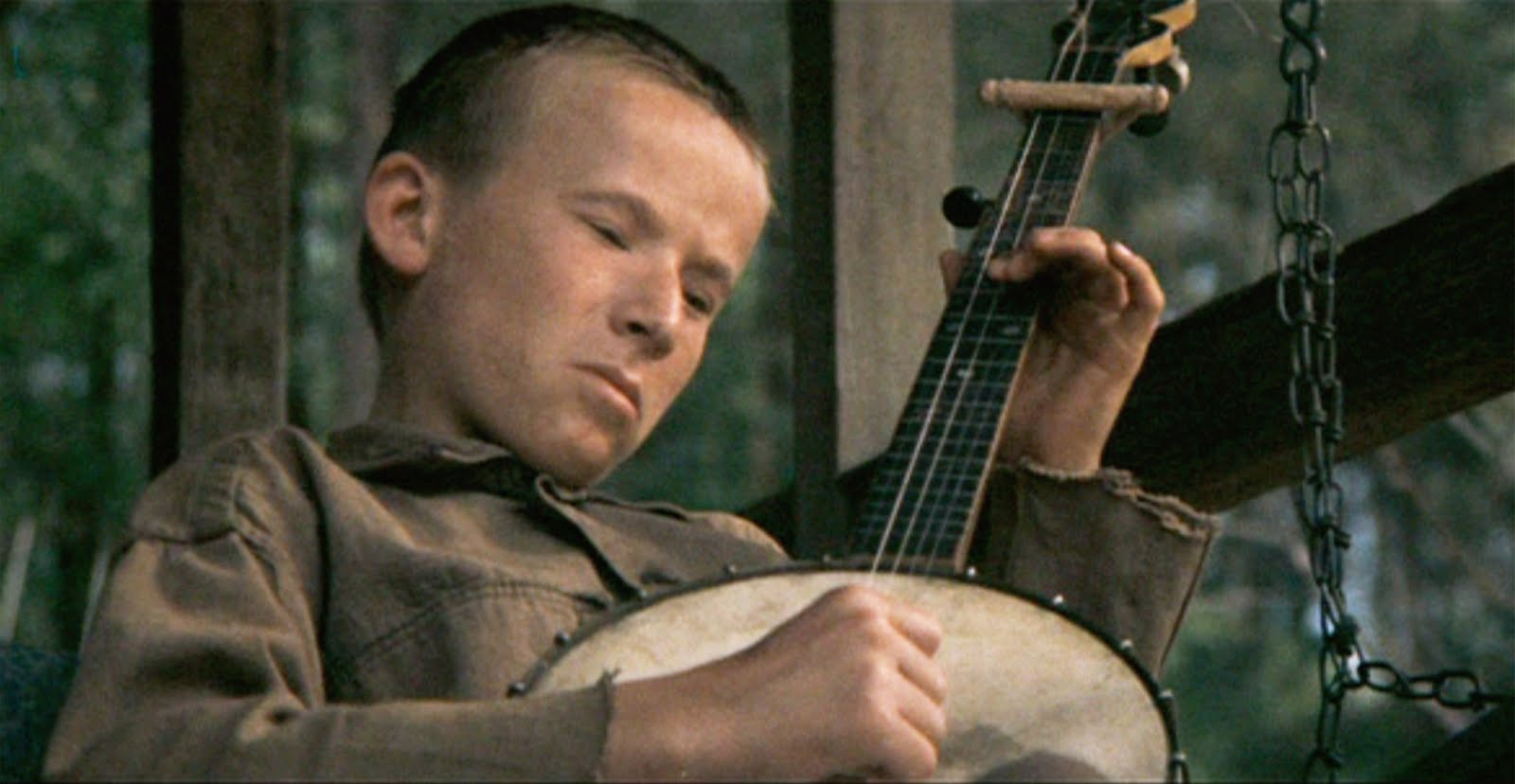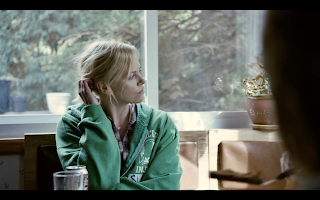Uncle Sam is by Steve Darnall, Alex Ross, and Todd Klein
During times when confidence in the U.S government is
steadily declining, the people tend to zero-in on the potential causes and jump
to a conclusion. At the end of the day, they’re right when they say that modern
corporations and politicians are to blame. At the same time, that’s a vague
generalization that leads to very little change. Uncle Sam seeks to find the root of the problem, and it may have
accomplished its goal thanks to one brief scene.
Uncle Sam #1 & #2
(collected in a 2009 reprint) tells the story of a homeless man named Sam
who is “clad in star-spangled rags” (Uncle
Sam), and speaking in “presidential sound-bites” (Greil Marcus) as a way to
make sense of where he is and the state of the nation. His dementia-caused
wandering takes him through a (mostly) chronological journey of America’s rough
patches, while his real one has a back-drop of the end of an average political
campaign.
Darnall takes readers behind the curtain of the political
process, while still keeping an appropriate, spectators distance from it. He
doesn’t take readers into a political headquarters because this deception
shouldn’t be considered privileged information. It still may be shocking to
some. It is for Sam. As he wades through history, the dichotomy of the nation
takes shape. Darnall draws a realistic, but optimistic picture, the nation has
made progress, but the more things change, the more they stay the same.
Copyright 2009 DC Comics/Vertigo
Ross, who co-plotted Uncle
Sam, paints the picture beautifully. Having said that, I only have Kingdom Come to compare Uncle Sam to, and Kingdom Come just looks better. Maybe it’s by the necessity of the
story, or maybe it’s personally easier to find little DC superhero details
than little American history details. Objectively though, there’s a certain
lack of physical depth to the environments and backgrounds in Uncle Sam, but that shouldn’t deter
anyone because every panel still looks like a gorgeous cover, and they’re
almost worthy of becoming a full-size poster. Sam is nearly life-like, and if
he wasn’t the book would fall apart.
America is a tough country to root for, and it always has
been. That’s Uncle Sam’s key
revelation. America didn’t go downhill a century, or even decades after being
established, but as it was being established. Specifically, cleaning up Shay’s
rebellion (remember Shay’s Rebellion?)
Copyright 2009 DC Comics/Vertigo
Darnall and Ross create a clear line between where we are,
where we’ve been, and where America will always return to. While “America” has
a certain “comfort zone,” they’re proud of the progress the country has made and are simply asking for vigilance.
Sam’s journey reminds us that the citizen makes all the difference.
























